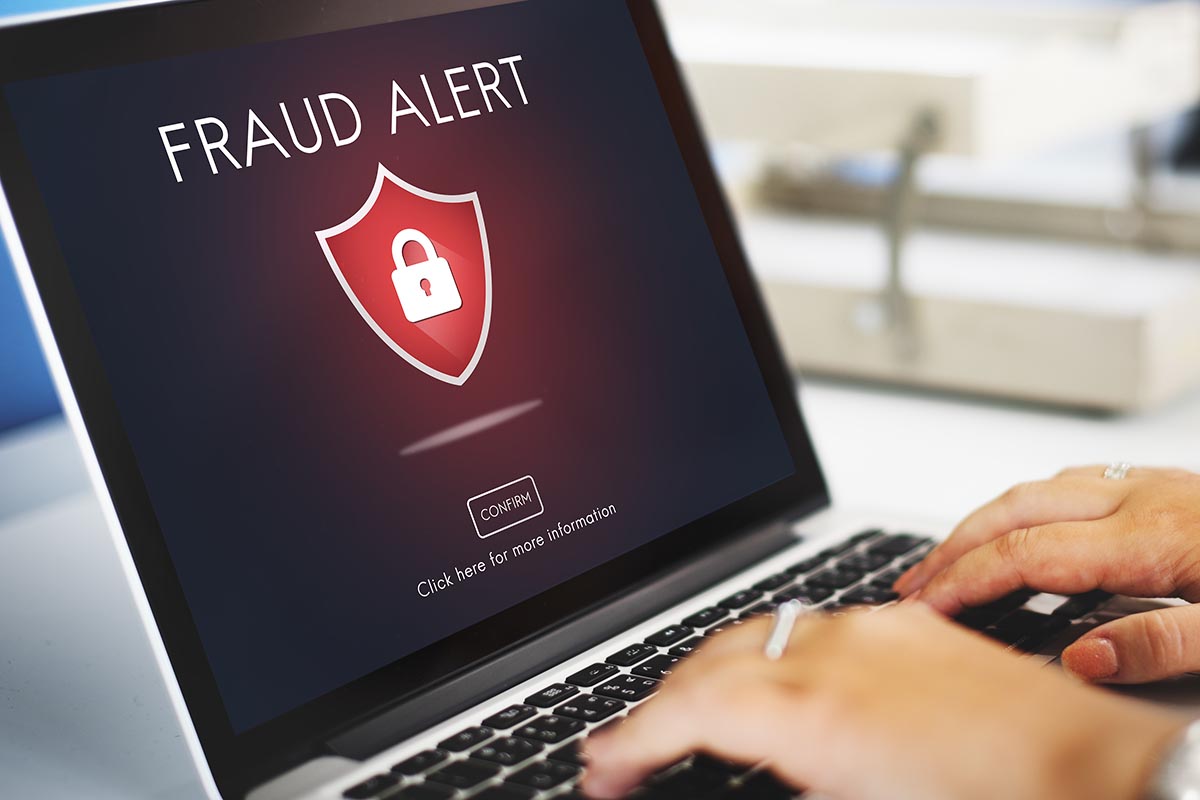Exploring Consumer Fraud: Spotting Red Flags and Taking Legal Action
Consumer fraud is a serious issue that affects millions of people every year. It can take many forms, from identity theft to false advertising to deceptive business practices. Knowing how to spot the warning signs of consumer fraud and taking the appropriate legal action can help protect consumers from becoming victims.
Consumer fraud is any deception or misrepresentation by a seller or business to obtain money or goods from an individual consumer. It includes everything from identity theft and credit card fraud to false advertising and deceptive pricing schemes. In some cases, it may even involve outright theft of money or property. Therefore, it is crucial to stay aware.
If you or someone you know is a victim of fraud, consult competent legal aid from credible platforms like Kazlg.com, who can assess your case and file for restitution. While the process is tedious and paperwork-heavy, good representation will greatly increase your chances of compensation. Meanwhile, the following section details a few things about consumer fraud everyone should know.
Identifying Red Flags
Unfortunately, it can be difficult for consumers to identify when they are being taken advantage of because fraudulent companies often use sophisticated tactics to hide their true intentions. Fortunately, some telltale signs can indicate potential consumer fraud:
- Unusually high-pressure sales tactics – If you feel like you’re being pressured into making a purchase decision before you have had time to consider all the options, then this could be a sign that something isn’t right. This is especially true if the salesperson refuses to answer questions about their product or service in detail until after you have already agreed to buy it.
- Unclear terms and conditions – Legitimate businesses will always provide customers with clear information about what they agree to when they make a purchase decision, including detailed terms and conditions outlining the company’s refund policy and other important details related to their products or services. If this information is not provided upfront, then this could be an indication that something isn’t right with the company in question.
- Unusual payment methods – Be wary of any business that requires uncommon payment methods such as money orders or wire transfers instead of more traditional methods such as credit cards or PayPal payments. These transactions typically leave little room for recourse should something go wrong with your purchase since customers usually cannot dispute them through their bank or credit card issuer.
- Suspicious contact information – Companies engaging in fraudulent activities often provide fake contact information on their website to avoid having customers call them directly with complaints or questions about their products or services. Check out any contact information from possible vendors thoroughly before doing business with them; if anything looks suspicious, don’t hesitate to look elsewhere for a more reliable option.
Taking Legal Action Against Consumer Fraud
When dealing with potential consumer fraud situations, it is important for individuals affected by these scams to take swift legal action. Depending on the situation, filing criminal charges against those responsible may be necessary; however, civil litigation may also be an option depending on your particular case. Here are some tips for taking effective legal action against those responsible:
- Gather evidence – Collecting evidence related to your claim can help strengthen your case should you decide to pursue legal action. This includes keeping copies of all relevant documents (e.g., contracts and receipts) and documentation regarding communication between yourself and those involved (e.g., emails).
- Seek professional advice – Consultation with an experienced attorney familiar with consumer protection laws can help determine whether pursuing legal action would be beneficial given your case’s circumstances. Your lawyer will also advise on which type of lawsuit would best achieve the desired outcome (i.e., criminal VS civil) based on a review of the facts available.
- File suit promptly – Don’t wait too long after discovering fraudulent activity; otherwise, statute limitations may prevent recovering damages suffered due to delay in filing suit.
Conclusion
Consumer fraud continues to plague innocent victims yearly despite various efforts to combat the problem through legislation enforcement agencies. However, understanding how to spot red flags associated with potential scams and taking swift, effective legal action to seek our interests remain the best defense against becoming a victim of such a crime.



















